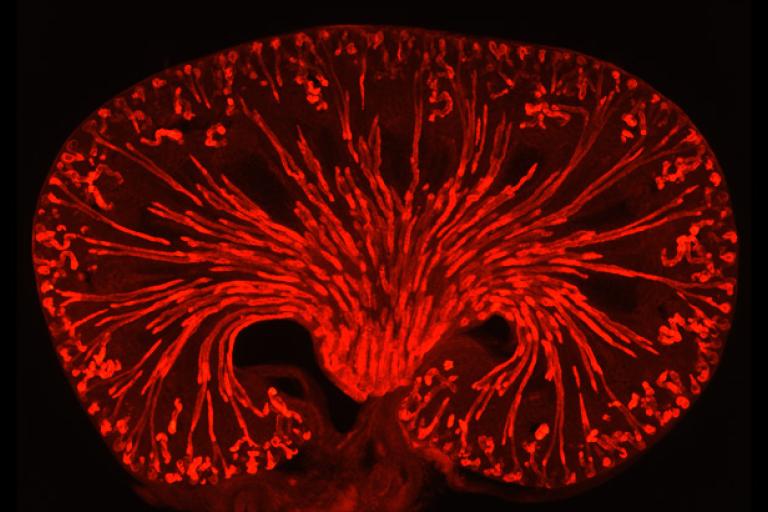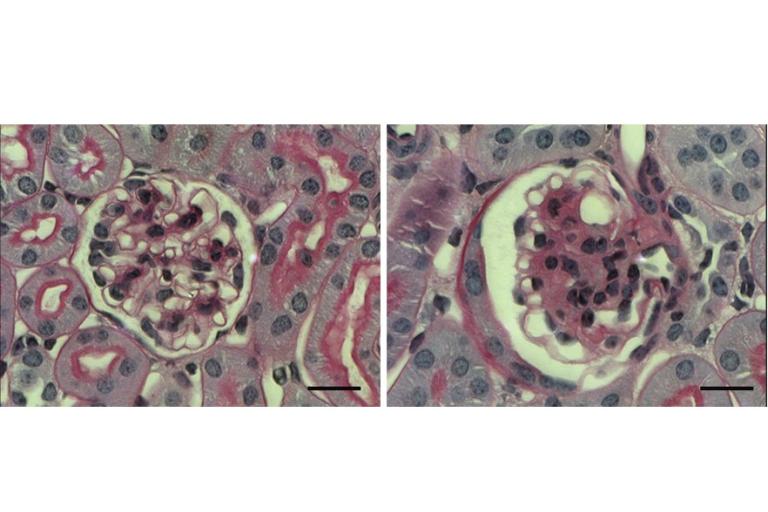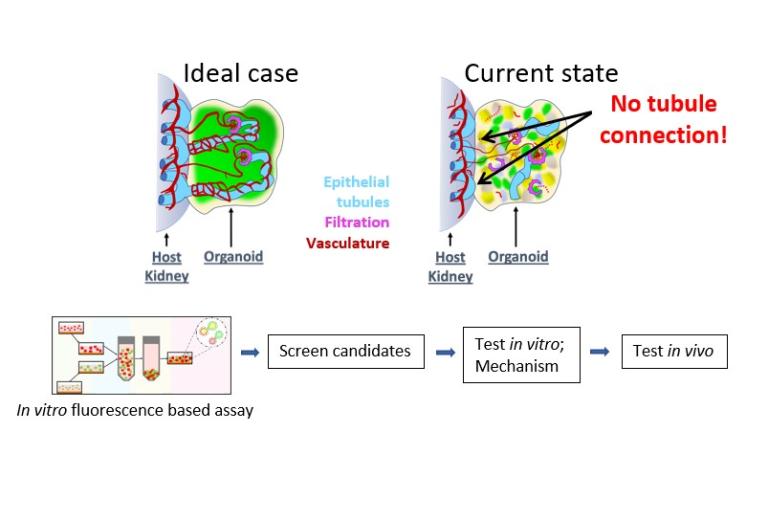Research Projects
Due to its enormous complexity, the kidney has an abundance of gene and protein interactions that have yet to be discovered. Our lab has a diverse array of research projects ranging from mechanisms of tubule formation and regeneration to glomerular development and disease. Using in vivo and in vitro models that encompass cell biology, genetics, bioinformatics, physiology and cutting-edge 3D imaging approaches, we analyze the molecular functions and subcellular structure of individual cell types within the kidney in healthy and disease states.


